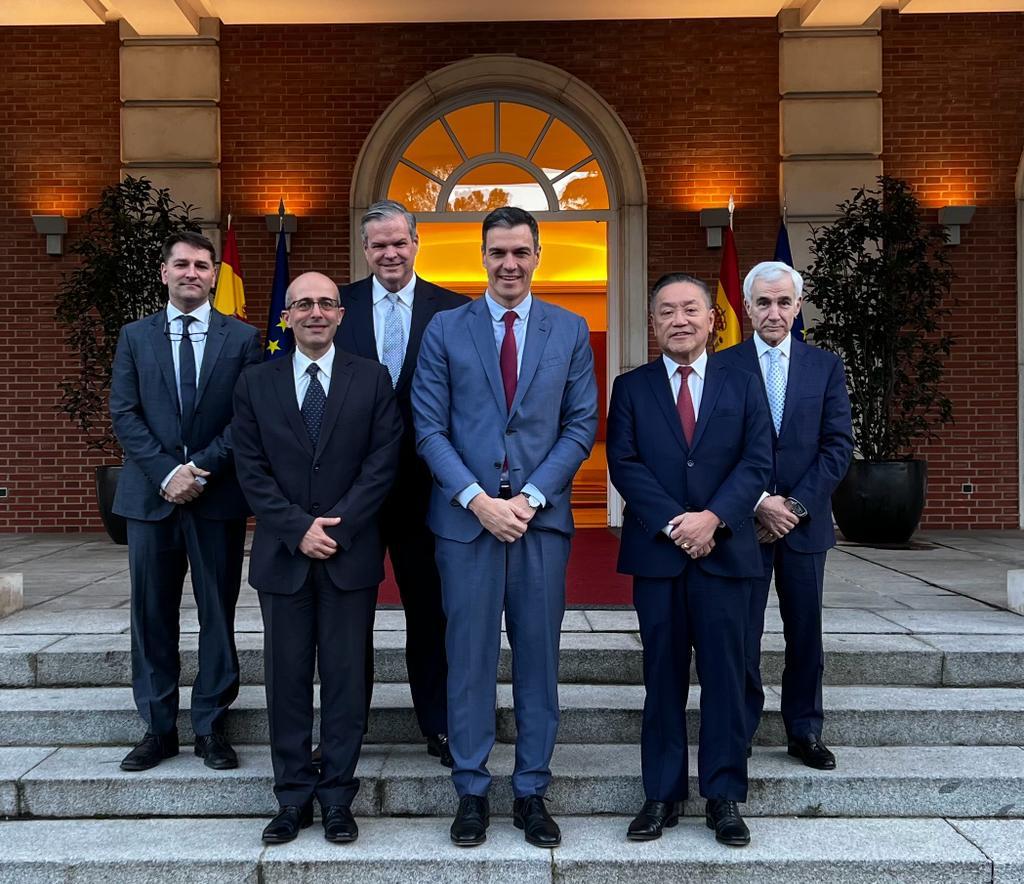What was once celebrated a year ago as a strategic victory for Spain’s technological reindustrialization has now been confirmed as a painful lost opportunity. Broadcom, one of the global semiconductor giants, has definitively canceled its plan to build a chip factory in Spain after months of stalled negotiations with the government.
The investment, valued at approximately $1 billion (around €920 million), was expected to become a catalyst for the country’s microelectronics ecosystem, supported by the European program PERTE Chip and the EU Chips Act funds. However, sources close to the process confirm that negotiations have been broken since early 2024, and the Spanish government was unable to re-engage at any point.
The proposed plant by Broadcom was to focus on back-end operations—assembly and testing of chips—a key segment Europe aims to strengthen to reduce dependence on Asia. It was estimated that the factory would generate at least 500 direct jobs, along with thousands of indirect jobs in the supply chain. Zaragoza was among the candidate cities considered for hosting the facility, though the exact location was never confirmed.
The project aligned with Spain’s strategy to attract foreign investment and develop a domestic semiconductor value chain. But since the leadership change from José Luis Escrivá to Óscar López at the Ministry for Digital Transformation, relations with Broadcom cooled and eventually disappeared. According to sources cited by Europa Press, Óscar López never even met with the company.
The change in U.S. administration also played a role. Donald Trump’s victory in the November 2024 elections led to a stricter U.S. industrial policy, prioritizing local investments and slowing down strategic agreements with European partners. These tensions made it even more difficult to finalize the deal with Broadcom, leading to its ultimate cancellation.
This was not an isolated case—another joint venture with a U.S. tech company, valued at €400 million and also aimed at the semiconductor sector, was canceled after Trump came to power.
“The new American administration has focused on reindustrializing their own country at all costs,” says David Carrero, cofounder of Stackscale (part of Grupo Aire) and a tech infrastructure expert. “Europe should respond with greater unity, clearer regulations, and most importantly, firm commitments that do not depend on the current political leadership.”
Broadcom’s decision is a significant setback for PERTE Chip—a Spanish initiative with over €12 billion allocated to attract investments and build a robust semiconductor industry in the country. While other projects like Intel’s design plant and agreements with Cisco continue, the cancellation of a major manufacturing facility like this leaves a mark.
Furthermore, it raises questions about Europe’s actual ability to compete with the U.S. and Asia in the global chips race. While Germany advances with TSMC and Intel, and France promotes the RISC-V ecosystem with SiPearl, Spain has lost its strongest industrial card in this high-stakes game.
Official responses remain silent. Neither Broadcom nor the Ministry for Digital Transformation have commented publicly on the breakup. It’s also unclear whether the company will seek to establish its plant elsewhere in Europe or reconsider investments solely in the U.S. The institutional silence contrasts with the enthusiasm shown in July 2023 when Broadcom announced its intention to invest in Spain, and President Pedro Sánchez celebrated the deal as a success of the PERTE Chip plan.
Today, the only confirmed fact is that Broadcom will no longer be building its factory in Spain. In a market where every node of manufacturing is crucial, this decision feels like a step backward.
Key Facts Summary
| Concept | Details |
|---|---|
| Company | Broadcom (USA) |
| Planned Investment | $1 billion (~€920 million) |
| Project | Back-end semiconductor factory in Spain |
| Estimated Location | Zaragoza (not confirmed) |
| Expected Jobs | 500 direct + indirect jobs in supply chain |
| Involved Program | PERTE Chip (European funds) |
| Reasons for Cancellation | Break in negotiations, lack of political dialogue, geopolitical context (Trump) |
| Official Reaction | No comments from Broadcom or the Ministry |
Source: Europa Press and Twitter

